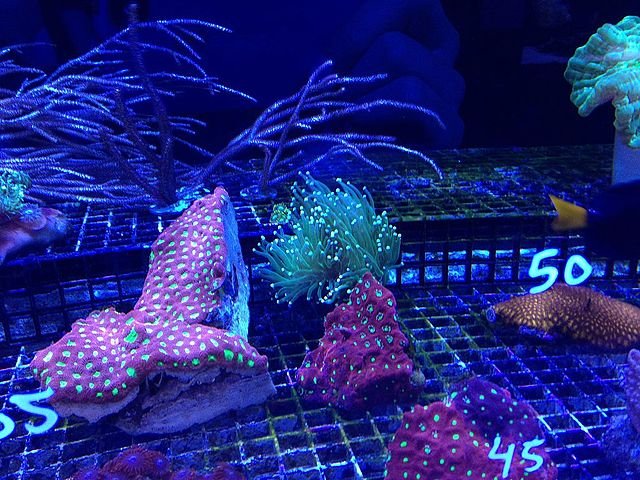Marine ecosystems host huge biodiversity, very important for the health of all living beings. However, climate change and marine pollution represent significant threats to these ecosystems, acknowledged by recent European and international policies. To support these policies that aim to restore ocean health and mitigate climate change, consistent, high-quality data on marine biodiversity, derived through omics approaches, are required. However, there are currently some gaps in data collection, particularly in Europe, the EMO BON project appears!
Launched in summer 2021, the EMBRC’s new project, European Marine Omics Biodiversity Observation Network (EMO BON), includes a network of 16 coastal observatory stations across Europe, from Northern Norway to the tropical Red Sea in Israel. In Portugal, this network of genomic observatories is represented by the Algarve Centre of Marine Sciences (CCMAR-Algarve) and the Interdisciplinary Centre of Marine and Environmental Research (CIIMAR).
The major goal of the EMO BOM is to collect samples from the water column and substrates from different habitats for the analysis of marine biodiversity. Every two months, all observatories in Europe do their sampling collection, applying the same procedure defined by the HandBook, to analyze the genome (DNA) of the samples in the laboratory through DNA extraction and sequencing (metagenomic analysis). Thus, the project aims to contribute and ensure a continuous database on biodiversity at EMBRC sites following FAIR data principles (Findable, Accessible, Interoperable, and Reusable).
CCMAR has as sampling site the Marine Station of Ramalhete. Bruno Louro, CCMAR researcher and Portuguese representative of the EMO BOM operational committee, is responsible for collecting sediment samples from the Ria Formosa that will contribute to this European database.
The data that results from this work will be available to the entire scientific community and provide Europe a means to better monitor and understands its marine biodiversity, filling current gaps in European biological observation data.
Source: CCMAR
Editor at the digital magazine AquaHoy. He holds a degree in Aquaculture Biology from the National University of Santa (UNS) and a Master’s degree in Science and Innovation Management from the Polytechnic University of Valencia, with postgraduate diplomas in Business Innovation and Innovation Management. He possesses extensive experience in the aquaculture and fisheries sector, having led the Fisheries Innovation Unit of the National Program for Innovation in Fisheries and Aquaculture (PNIPA). He has served as a senior consultant in technology watch, an innovation project formulator and advisor, and a lecturer at UNS. He is a member of the Peruvian College of Biologists and was recognized by the World Aquaculture Society (WAS) in 2016 for his contribution to aquaculture.




